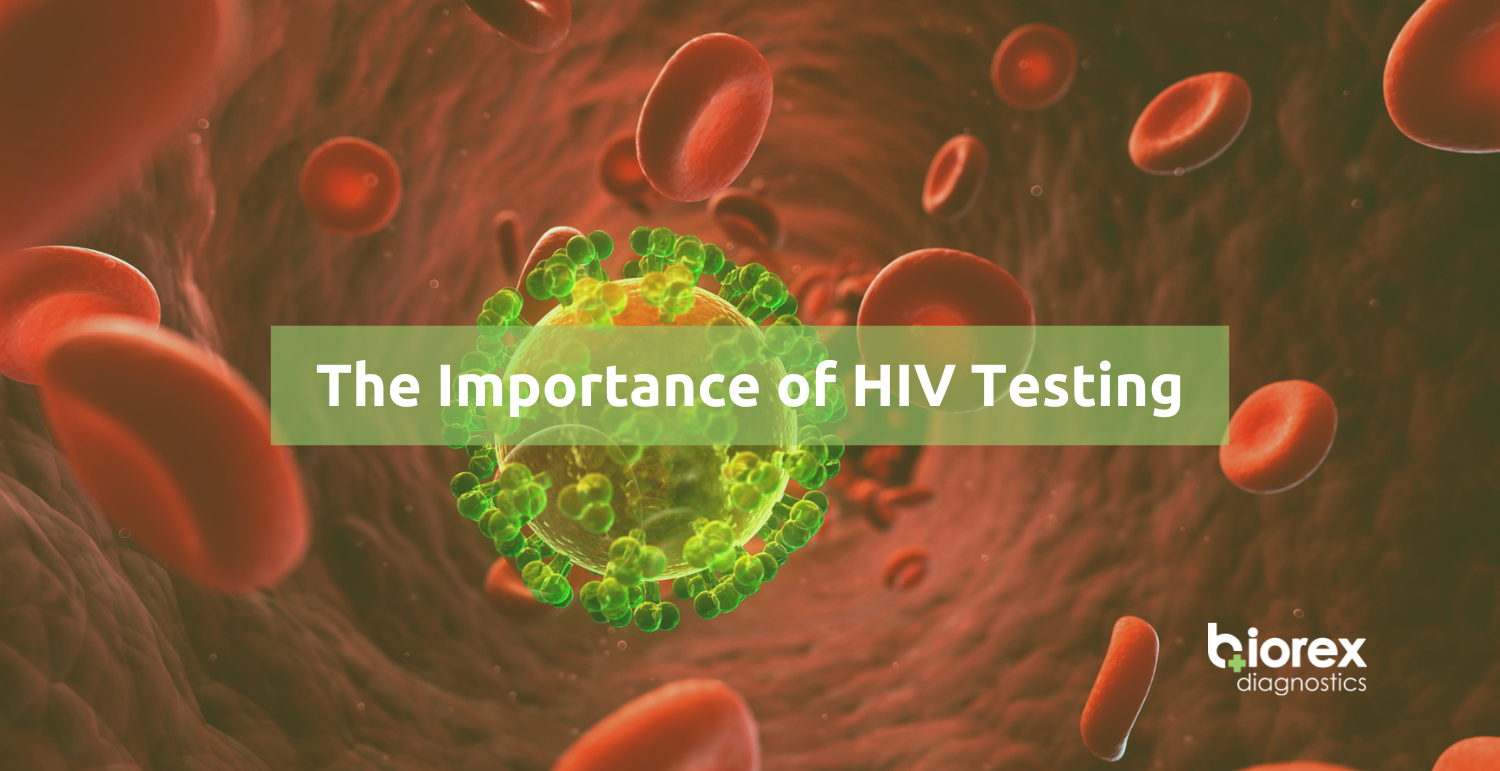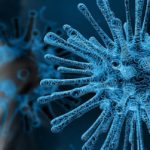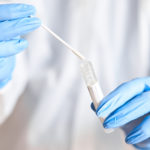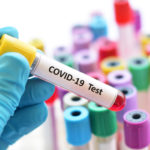
The Importance of HIV Testing
The Importance of HIV Testing
In 2021, 1.5 million people became newly infected with HIV, bringing the grand total of people living with HIV to 38.4 million. Of this, 36.7 million are adults, aged 15 years and older, and 1.7 million are children, aged 0 to 14 years. 54% of the 38.4 million are women and girls. 70% of all HIV infections in 2021 affected the key populations: sex workers and their clients, gay men and other men who have intercourse with men, people who inject drugs, and transgender women 1.
Did You Know?
The risk of acquiring HIV is:
- 35 times higher in those who injected drugs compared to those who don’t 1.
- 30 times higher in female sex workers compared to adult women 1.
- 28 times higher in gay men and other men who have intercourse with men compared to adult men 1.
- 14 times higher in transgender women compared to adult women 1.
Who Should Get Tested?
The CDC recommend that everyone between the ages of 13 and 64 should get tested at least once in their life for HIV. It is recommended that if you can answer yes to any of the following statements, one should get tested for HIV 2.
- A man who has had intercourse with another man 2.
- Had intercourse with someone who has HIV 2.
- Had more than one sexual partner since your last HIV test 2.
- Shared needles, syringes or other injection equipment (such as cookers) to inject drugs with others 2.
- Exchanged sex for money or drugs 2.
- Been diagnosed with or treated for another STI 2.
- Been diagnosed or treated for tuberculosis or hepatitis 2.
- Had intercourse with someone who can answer ‘yes’ to the above, or had intercourse with someone whose sexual history you don’t know 2.
It is also recommended as part of a proactive prenatal care that all pregnant women receive certain blood tests to check for infections or illnesses. These tests should include hepatitis B, syphilis and HIV 2.
Moreover, anyone who is sexually assaulted or who has had a high-risk exposure to HIV should be tested for HIV and should consider taking post-exposure prophylaxis (PEP) 2.
Frequent testing (every 3 to 6 months) is recommended for sexually active gay and bisexual men 2.
Importance of HIV Testing for Prevention
Simply put, testing for HIV is the only way to know for sure if one has or has not got HIV. Interestingly, not everyone displays symptoms when infected with HIV and can live for many years without knowing they have the virus. However, early diagnosis means that treatment plans can be implemented earlier to aid in living a long and healthy life 3. Several studies highlight that the sooner one can start antiretroviral therapy (ART) after diagnosis, the more they benefit. HIV treatment reduces the amount of viral load (HIV in the blood), reduces HIV-related illnesses, and prevents transmission to others. Moreover, those who take ART as prescribed and keep an undetectable viral load or stay virally supressed will not pass HIV onto their sexual partners 4.
Testing for HIV is important as it enables one to make decisions about sex, drug use, and health care that can aid in preventing HIV, especially when one tests negative for HIV. The pre-exposure prophylaxis (PrEP) medicine is highly effective in preventing HIV in those who do not have the virus but their sexual partner has the virus 4.
Biorex HIV Testing
At Biorex, we offer several ELISA tests, rapid tests and controls and calibrators to aid in HIV testing.
HIV ELISA Antibody Tests
The Biorex HIV ELISA kits are intended for the qualitative detection of antibodies to HIV type 1 (group M-O) or type 2 in human serum or plasma. The assay can be utilised for screening of blood donors and/or as an aid in the diagnosis of clinical conditions related to infection of HIV-1 and/or HIV-2 – the etiological agents of the acquired immunodeficiency syndrome (AIDS).
The Biorex HIV Anti HCV (4th Gen) kits are intended for use in screening blood donors and diagnosing patients related to the infection with hepatitis C virus.
| Product Name | Cat. Number | Kit Size |
| HIV 1+2 (3rd Gen) | BXE0791A | 96T |
| HIV 1+2 (3rd Gen) | BXE0791C | 480T |
| HIV Ag/Ab (4th Gen) | BXE0792A | 96T |
| HIV Ag/Ab (4th Gen) | BXE0792C | 480T |
| HIV 1+2 ELISA (with CE) | BXE0793A | 96T |
| HIV 1+2 ELISA (with CE) | BXE0793C | 480T |
HIV-I Controls & Calibrators
The Biorex HIV-I Control Panel and Antigen Control Panel is intended for performance assessment of methods used for testing HIV-I.
The use of quality control and calibration materials is indicated as an objective assessment of precision of methods and techniques in use, and is an integral part of good laboratory practices.
| Product Name | Cat. Number | Kit Size |
| HIV-I Antibody Control Panel (Level 1-4) | BXC0802A | 4 x 1 x 1ml |
| HIV-I Antigen (p24) Control Panel (Level 1-4) | BXC0803A | 4 x 1 x 0.5ml |
HbsAg/HCV/HIV/Syphilis Combi Rapid Test
The Biorex Diagnostics HIV/HCV/HBsAg/Syphilis Combo Rapid Test is a rapid, immunochromatographic assay for the qualitative detection of HCV antibodies, HIV1/2 virus- antibodies, HBsAg, and/or Treponema Pallidum antibodies respectively, in human, serum or plasma samples.
It is intended for professional use as an aid in diagnosing HCV, HIV,HBV and/or Syphilis infections. This assay provides only a preliminary result and all positive specimens should be confirmed with other qualified assays.
| Product Name | Cat. Number | Kit Size |
| HbsAg / HCV / HIV / Syphilis Combi | IDCOMB20 | 20T |
Quote our promotional code ‘HIV23’ when ordering from the Biorex HIV Panel throughout February 2023.
References
- Global HIV & AIDS statistics – Fact Sheet. https://www.unaids.org/en/resources/fact-sheet (accessed 30 January 2023).
- CDC’s HIV Basics. Who Should Get Tested?. https://www.hiv.gov/hiv-basics/hiv-testing/learn-about-hiv-testing/who-should-get-tested (accessed 30 January 2023).
- Be in The Know. Why test for HIV. https://www.beintheknow.org/hiv-and-stis/hiv-testing/why-test-hiv (accessed 31 January 2023).
- HIV Testing. https://www.cdc.gov/hiv/testing (accessed 31 January 2023).







